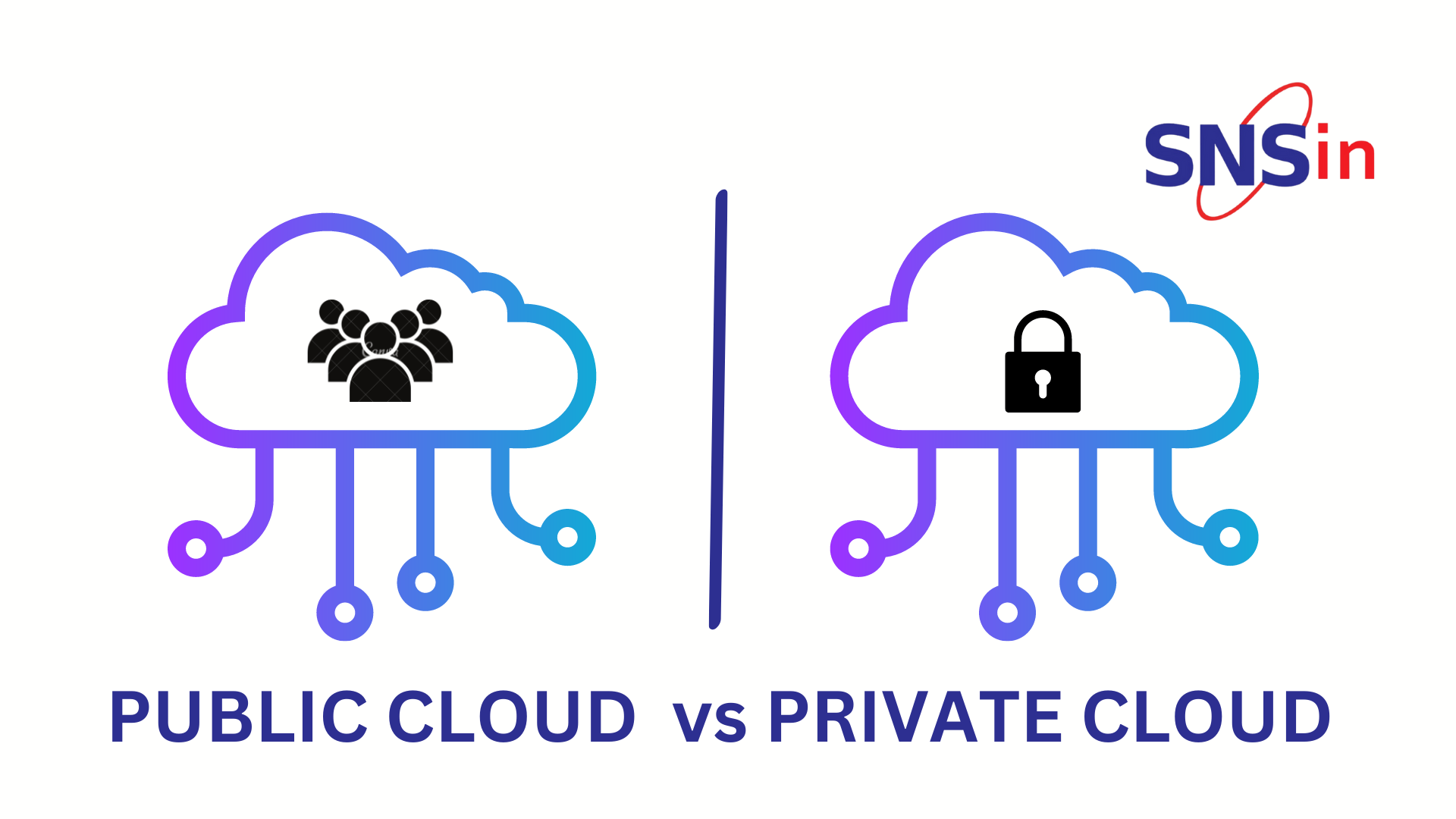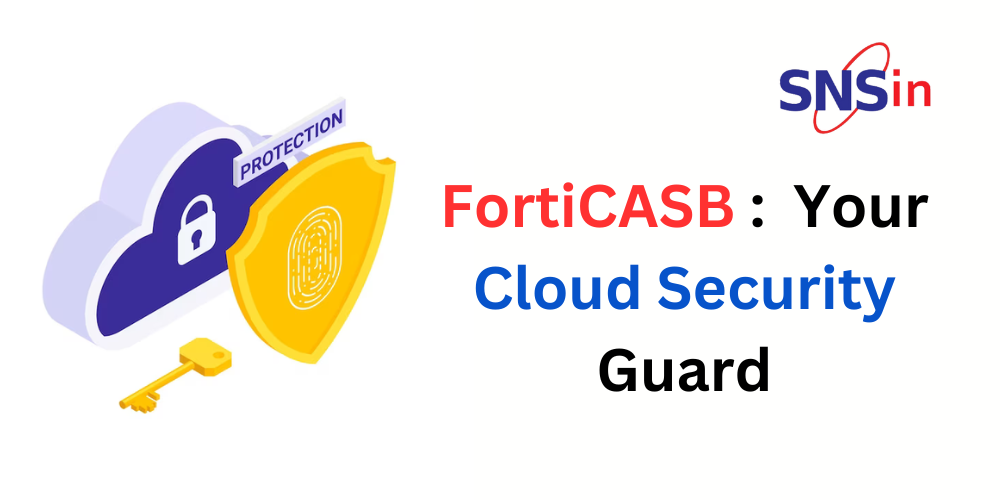Public Cloud A public cloud is a cloud computing infrastructure model available to the public. Computing resources are shared between multi-users who use cloud services over the Internet. Public clouds are managed and overseen by third-party cloud service providers. They provide services based on IaaS, PaaS, and SaaS models. The most prominent examples of public cloud providers include AWS, Google Cloud, and Microsoft Azure.
Benefits of using Public Cloud
Using public clouds has many advantages. One of the major ones includes a high level of scalability. Users can easily add or remove resources as per their needs. It makes it the best choice for businesses with fluctuating workloads. Public clouds are also cost-effective as businesses only pay for the resources used. It eliminates the need to invest in expensive hardware and infrastructure, resulting in a huge expense for any business. Another advantage of the public cloud is that it is highly reliable. Cloud service providers have data centres spread across different locations. This ensures that data and applications are always available for use. Public cloud providers also offer backup and disaster recovery systems. This ensures that data is always safe and secure in the event of a cyberattack or disaster.Drawbacks of Public Cloud
One of the major challenges is it has lesser potential for customization than the private cloud. Multiple resources share the services. Users have limited control over the infrastructure and software stack. It becomes an issue for businesses that need a high level of customization owing to strict regulatory requirements. Another challenge of a public cloud is that it might not be suitable for applications that require low latency and high-performance computing. Since users are shared across multiple platforms, latency issues may affect the application’s performance. Public cloud providers have restrictions on application types and workloads, which may limit their usefulness for some businesses.What is a Private Cloud?
A private cloud is a cloud computing model dedicated to a single organization or entity. In this case, computing resources are not shared among users, as in the public cloud. The entire ecosystem is owned and controlled by the organization. A private cloud could be hosted on-prem or in a data centre owned by a cloud service provider.Benefits of Private Cloud
A private cloud offers the biggest advantage of a great degree of customization. Resources are dedicated to one single organization, and users have complete control over their infrastructure and software stack. This makes the private cloud the ideal choice for businesses looking for customization or following strict regulations. Another advantage of a private cloud is that it offers a high level of security. Since resources are not shared among users, unauthorized access and associated risks do not arise. Data breaches are significantly reduced. Private cloud providers offer backup and recovery options in case of a disaster in which data can get compromised. Thus, ensuring data security.Challenges of a Private Cloud
One of the significant challenges of a private cloud is that it is less scalable as compared to a public cloud. Resources are all dedicated to a single organization. They may need to invest in additional hardware and structural aspects to support the increasing workload. This becomes a significant cost centre for the organization. The private cloud also proves to be more expensive than the public cloud. Since the organization owns and operates infrastructure, upfront costs are associated with setting up a private cloud. Ongoing maintenance and support costs are also significant.Which one should a business choose?
The decision of whether an organization should choose a public cloud or a private one depends completely upon its needs and requirements. Cost & Security becomes a major factor to be considered. An unbiased comparison of the two must be made as both have pros and cons. Based on the assessment, the organization should make a choice and follow it up with intense security measures to reduce the gaps through which breaches can occur. For any cloud security requirement or consultancy feel free to write to [email protected] ![]()



